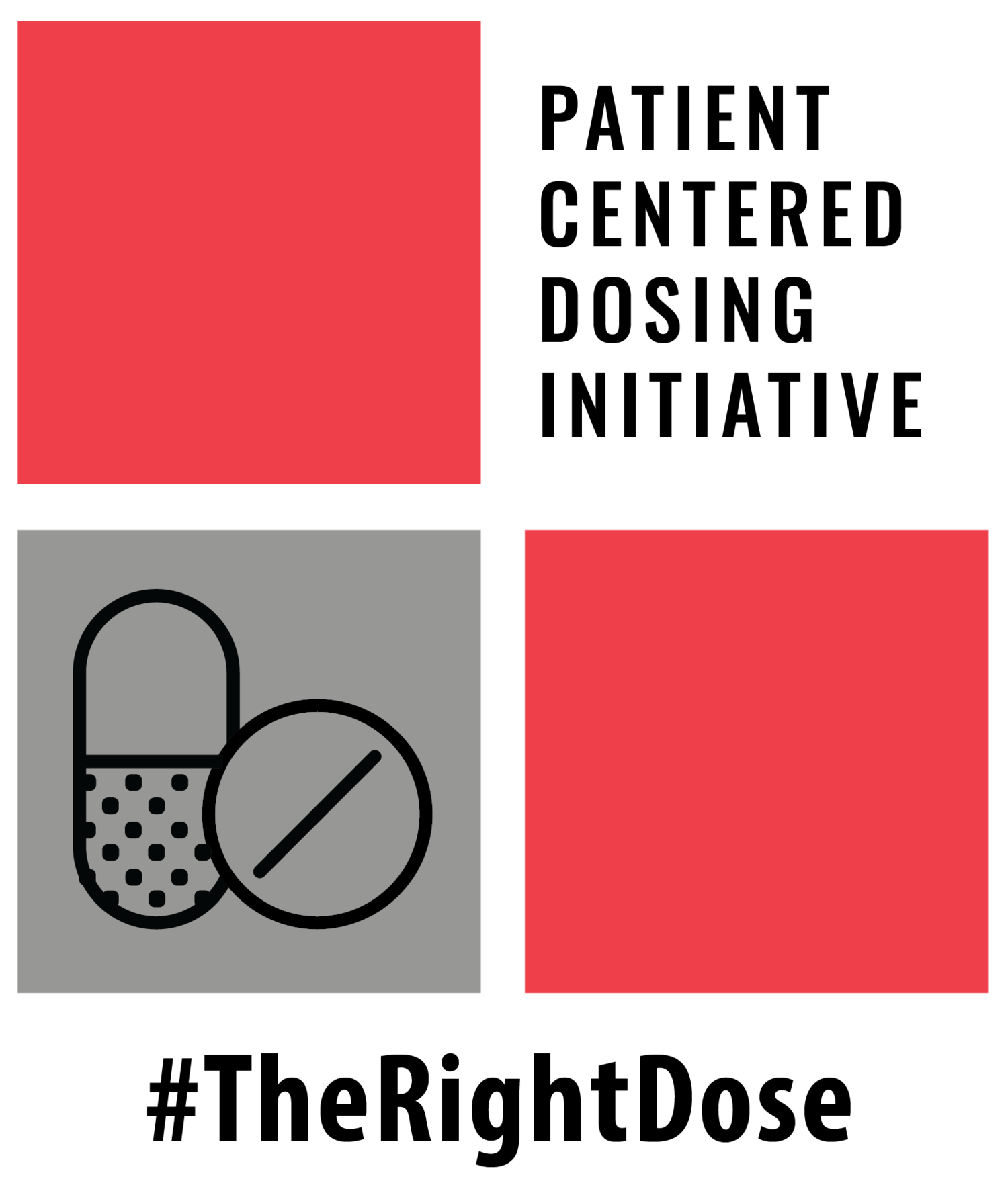Patient Survey
The Patient-Centered Dosing Initiative (PCDI) sought to better understand the treatment-related side effects of individuals with Metastatic Breast Cancer “MBC,” also known as Stage 4 breast cancer. Our objective is to enable patients and their doctors to consider the patient's unique physical, situational, and psychological factors in order to identify the patient's optimal approved drug dosage when starting a new treatment. We hope this approach may improve patients’ quality of life and allow them to remain on treatment longer.
The objectives of this research study, which was designed by MBC patient advocates, were to:
Learn about the prevalence of MBC treatment-related side effects
Understand the severity of these side effects
Learn about communication between patients and their doctors when the patient has a side effect
Understand how reduced dosages affect patients' well-being
Discover how patients feel about discussing approved MBC drug dosage options with their physicians
Responses to this survey are serving to increase the current knowledge of treatment-related side effects, and how these side effects may be more effectively addressed in the future.
For the 1,221 people who took the survey, your participation has begun to transform the way oncology patients are treated!
Patients' voices about treatment-related side effects were heard AROUND THE WORLD in an oral presentation about the survey delivered by the PCDI at the American Society of Clinical Oncology (ASCO) 2021 global conference! The presentation materials are available here.
Additionally, the Patient Survey results were highlighted at "Best of ASCO" Malaysia.
As a consequence of learning about treatment-related side effects from patients and others, the FDA has launched an initiative called Project Optimus that encourages researchers in early clinical trials to select one or more doses that maximize the efficacy, safety and tolerability of a drug for additional evaluation. So instead of routinely identifying the Maximum Tolerated Dose in initial dose-finding studies, Project Optimus is promoting the identification of the Optimal Dose (or doses) for subsequent study. Here's an excerpt from the FDA's article in the Oct. 2021 edition of the New England Journal of Medicine:
“The concept that higher drug doses would necessarily be associated with greater efficacy, which was pervasive in cytotoxic-drug development for decades, brought its own challenges. Oncology has benefited from more than 70 years of cytotoxic-drug development, but agents with new mechanisms of action and greater efficacy and different safety profiles than older drugs, as well as those that are expected to be used long term, require a reexamination of past practices.
Sponsors should carefully evaluate exposure-response, efficacy, and safety data from early trials to inform dose selection, rather than automatically selecting the maximum tolerated dose.
The answer to the dose-selection conundrum may sometimes be that less is more.”
In summary, the PCDI Patient Survey results were well-received by the FDA, health professionals, and patient advocates as per these additional articles.

